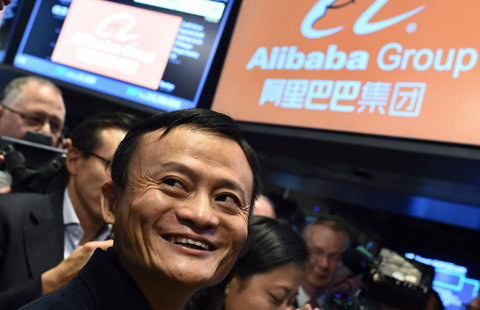

During his previous trip to the country, he met import and export companies, which said they constantly had to negotiate with Western buyers on price, despite already working on very low profit margins.
Even with factory prices at their absolute minimum, and sourcing goods from around the world, back on Western streets, customers - and particularly those in the United States - were still having to pay top prices for consumer goods because of the huge markups needed to pay off the various others in the chain, including retailers, wholesalers, distributors, and shopping mall owners.
Yet, despite gaining often tiny percentages from their factory goods, China, and other export-oriented Asian economies, have still managed to enjoy huge industrial development through exports, making the success all the more impressive, he noted.
Chossudovsky added that the role China has performed since the beginning of its modernization has created an industrial base, which is now increasingly diversified.
But in terms of industrial production, China is still playing a "dependent" and "peripheral" role in the global economic hierarchy, with its export economy serving the interests of developed economies, rather than its own.
For many businesses in the country, giving up their role of exporter to the world is proving hard, he said.
"There are certain perks attached to the export sector, and I feel that in China right now, the export market is (still) preferred," he said.
A lot of that, he added, is due to a failure so far to offer an alternative, and with wages still low, reliance on replacement domestic business can't be guaranteed.
"You have to make sure that your companies can make money in the domestic market as well as foreign markets, so you shouldn't create an environment which favors one over the other."
Chossudovsky said it is essential for China to boost its internal demand by increasing people's purchasing power.
"For example, a 10 percent increase in wages would substantially boost domestic demand without making Chinese enterprises less competitive internationally."
He said that negotiating factory prices is another priority for China.
A better price means you may export less, but get more revenue. As a result, Chinese enterprises will move into more specialized, more high-tech and highly skilled areas, he added.
If the country can act on those three key issues, China's new leaders will be able to illustrate how the country is working relentlessly at pointing itself in a different direction, he said.
"I think it is important for the West to understand it is dependent on China.
"And China should make it known that it does not rely on the West as much, as it has its own tremendous internal market," Chossudovsky said.
 Mermaid fantasy spurs business opportunities
Mermaid fantasy spurs business opportunities
 Top 10 2016 Red Dot Award winning car makers
Top 10 2016 Red Dot Award winning car makers
 Offbeat entrepreneurs in Beijing's hutong
Offbeat entrepreneurs in Beijing's hutong
 Top 10 Chinese internet companies
Top 10 Chinese internet companies
 Fun time for children at international toy expo in Beijing
Fun time for children at international toy expo in Beijing
 Huawei launches new smartphone P9 in Vietnam
Huawei launches new smartphone P9 in Vietnam
 Top 10 box office movies on China market in H1
Top 10 box office movies on China market in H1
 Woman resigned from high salary job to make notebooks
Woman resigned from high salary job to make notebooks

